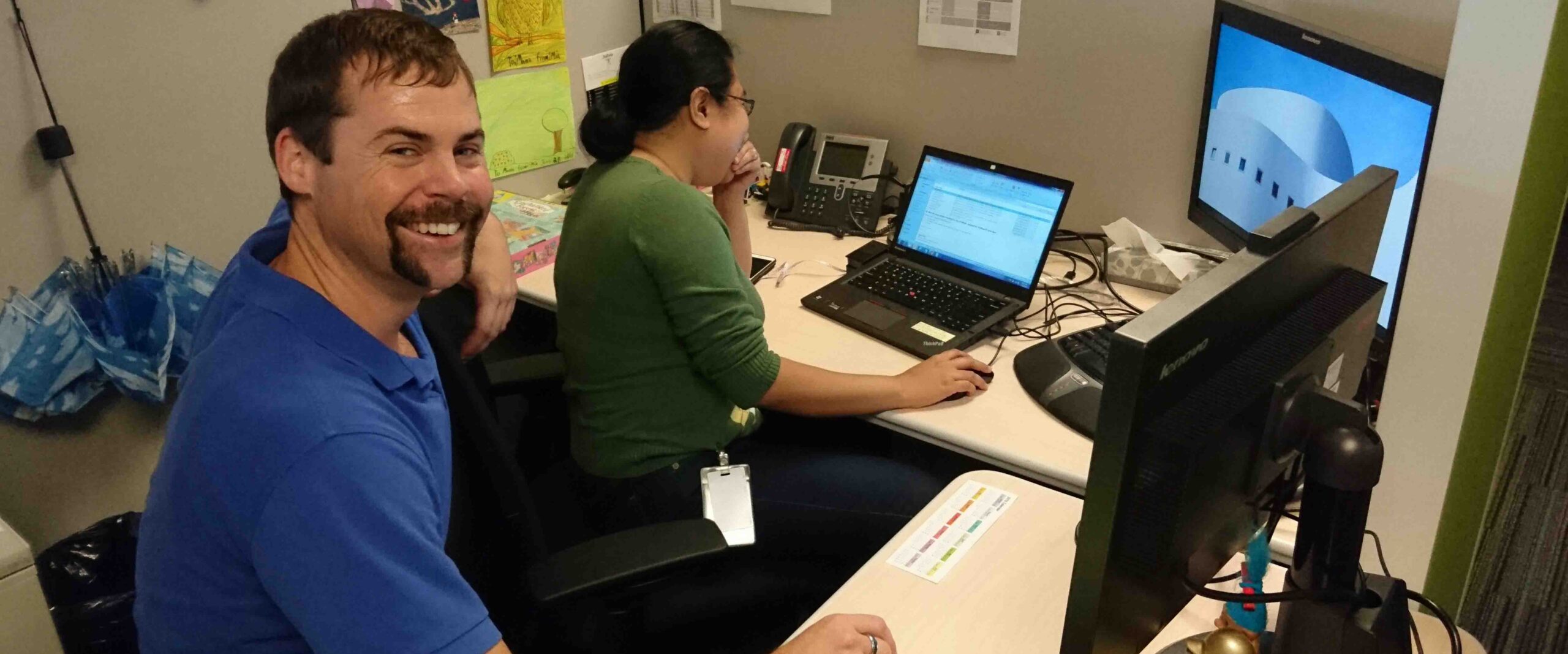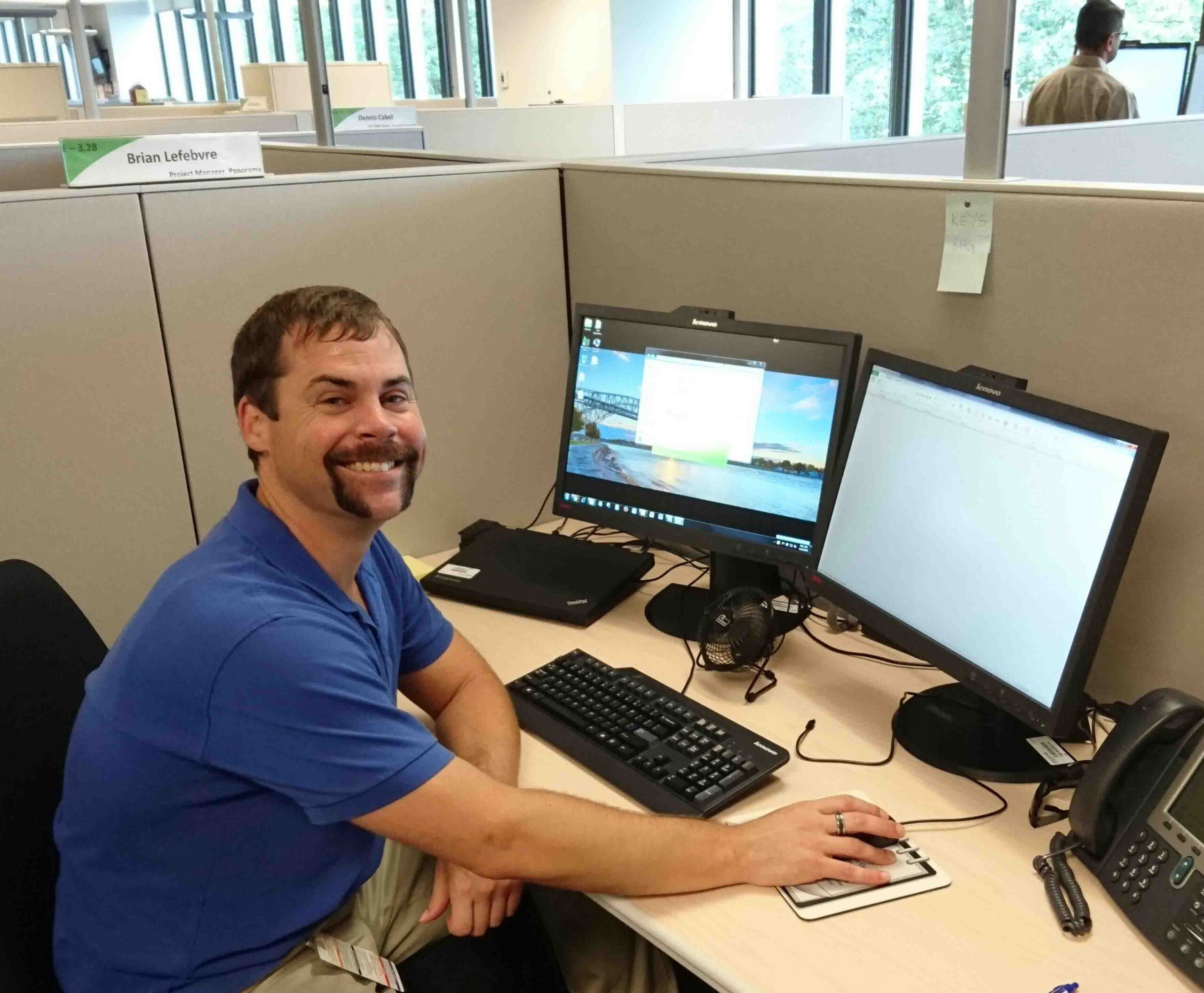
We acknowledge that the UBC Vancouver campus is situated on the traditional, ancestral, and unceded territory of the xʷməθkʷəy̓əm (Musqueam).
Meet Our Alumni: Brian Lefebvre, Senior Project Manager
Meet Our Alumni: Brian Lefebvre, Senior Project Manager
Senior Project Manager, Provincial Health Services Authority IMITS

With a desire to better contribute to the fascinating public health projects of his colleagues at the B.C. Centre for Disease Control (BCCDC), Brian Lefebvre embarked upon the Master of Public Health program at UBC.
While the program was a challenge, given Brian was balancing full-time work at the BCCDC and study, he found the courses interesting and well-delivered. He uses the skills from Social Determinants of Health, Public Health Surveillance and Program Planning and Evaluation, particularly health surveillance and looking at problems through different lenses, in his day to day work as senior project manager with the Provincial Health Services Authority, a role he took about 14 months after graduating.
“Being able to apply my public health knowledge in the growing industry of healthcare IT opens up a lot of interesting opportunities for my professional development.”
This role involves managing different health-related IT projects, which most recently involved the deployment of an application used in the clinical documentation and surveillance of tuberculosis (TB) cases in British Columbia, the Yukon, and participating First Nations communities.
This project involved documenting clinical encounters for TB treatment, the data from which could then be used by the BCCDC for health surveillance. While challenging, this provided Brian with the opportunity to interact with nurses, doctors and other healthcare providers who worked together to protect communities from the disease and care for those affected.
He was particularly impressed by the empathy of the front line nurses in their treatment of individuals affected by the disease, who were often from marginalized communities.
His work has led to some interesting experiences, including leading the relocation of the Provincial Drug and Poison Information Centre to the BCCDC.
Having grown up watching public service announcements about poison responses, Brian says it was interesting coming to understand what went on behind the scenes, and the level of skill and specialities required in the consulting nurses and physicians.
“After finishing a weekend of coursework, I would always think to myself how lucky I was to be benefiting from such incredible access to professors who lead their fields.”
Brian says he would recommend the program to anyone considering a career in public health, highlighting the diversity of courses on offer and the ability to tailor research and coursework to suit a student’s interests.
His advice to prospective students is to be realistic about workload, since the path he took might not be the best idea for everyone. He also recommends supplementing public health education with health informatics and IT systems skills, including understanding the different statistics tools available to analyze data, and areas such as relational databases. Health informatics, he says, is a public health field of the future.
His memories of the program include weekends spent in the SPPH building with Distributed Learning classmates, his exceptional classmates, and the beautiful Vancouver campus.
